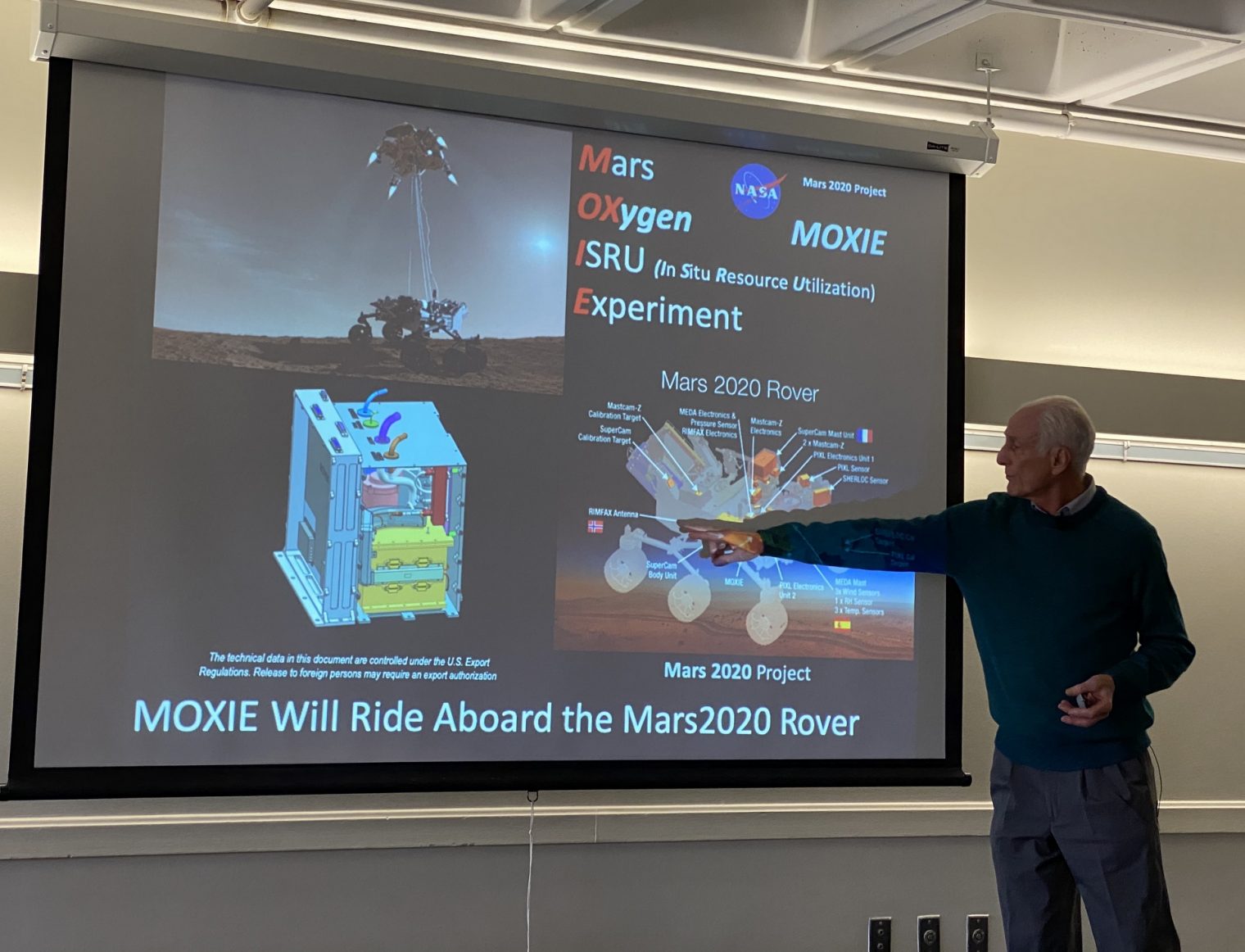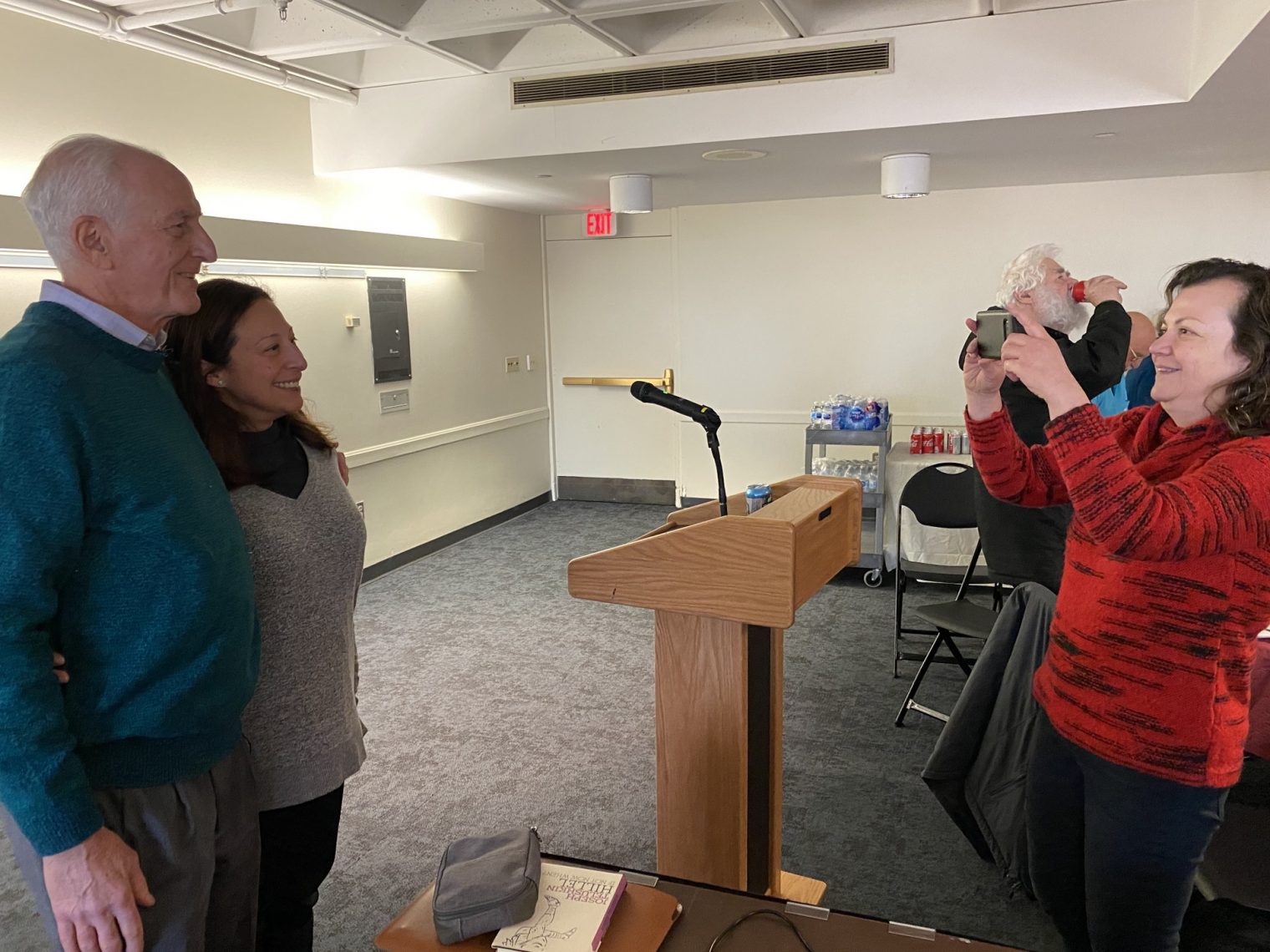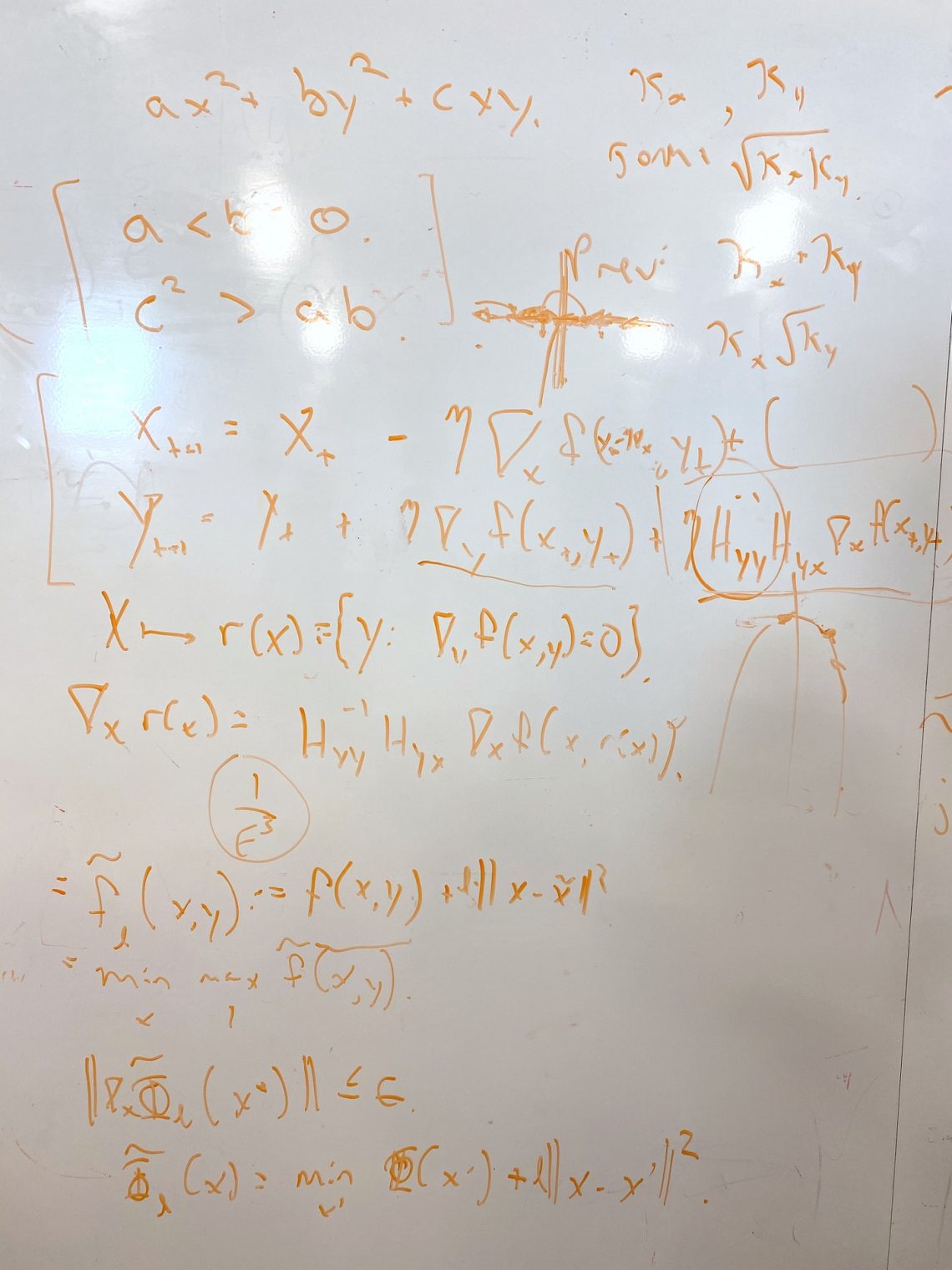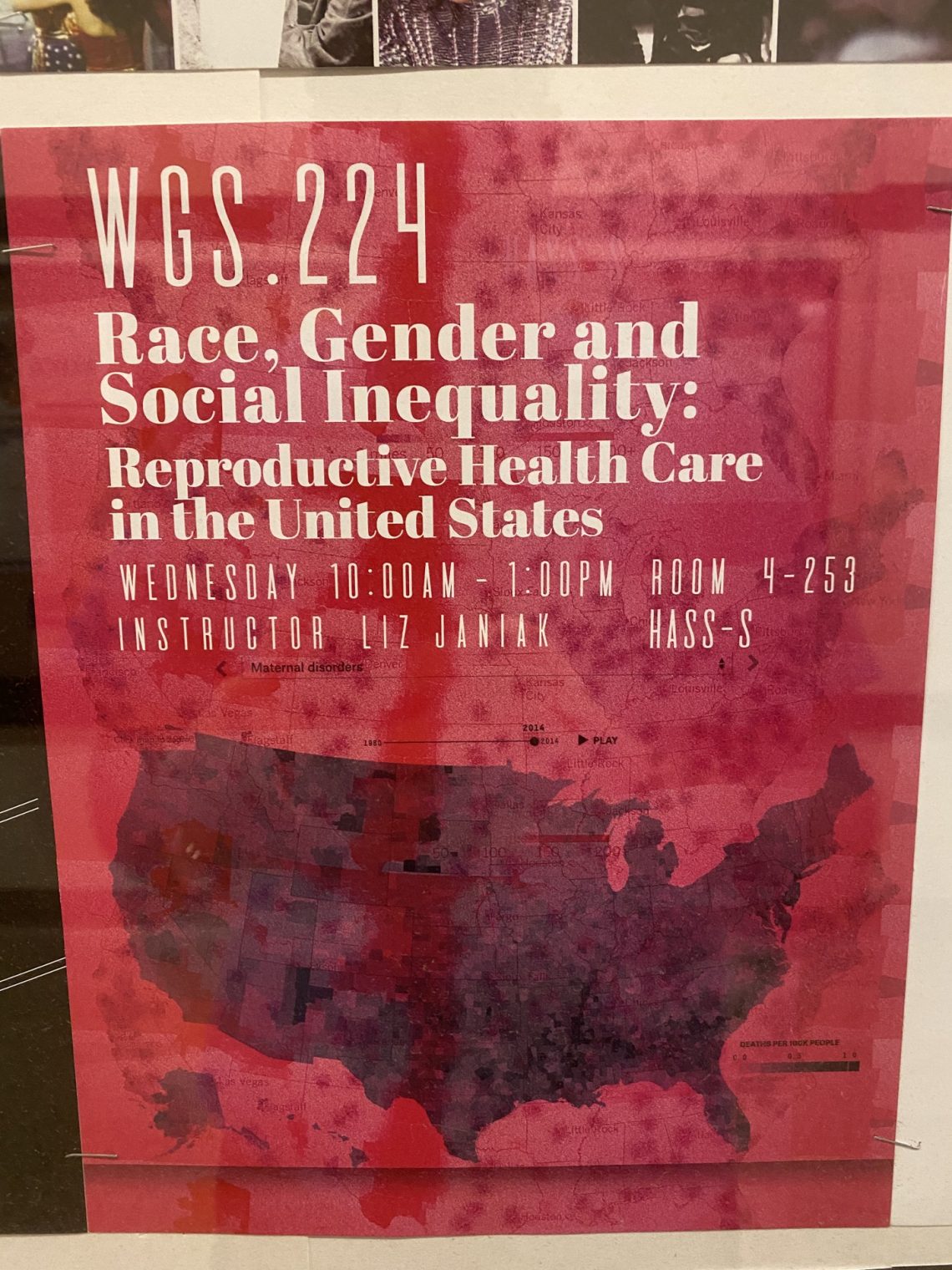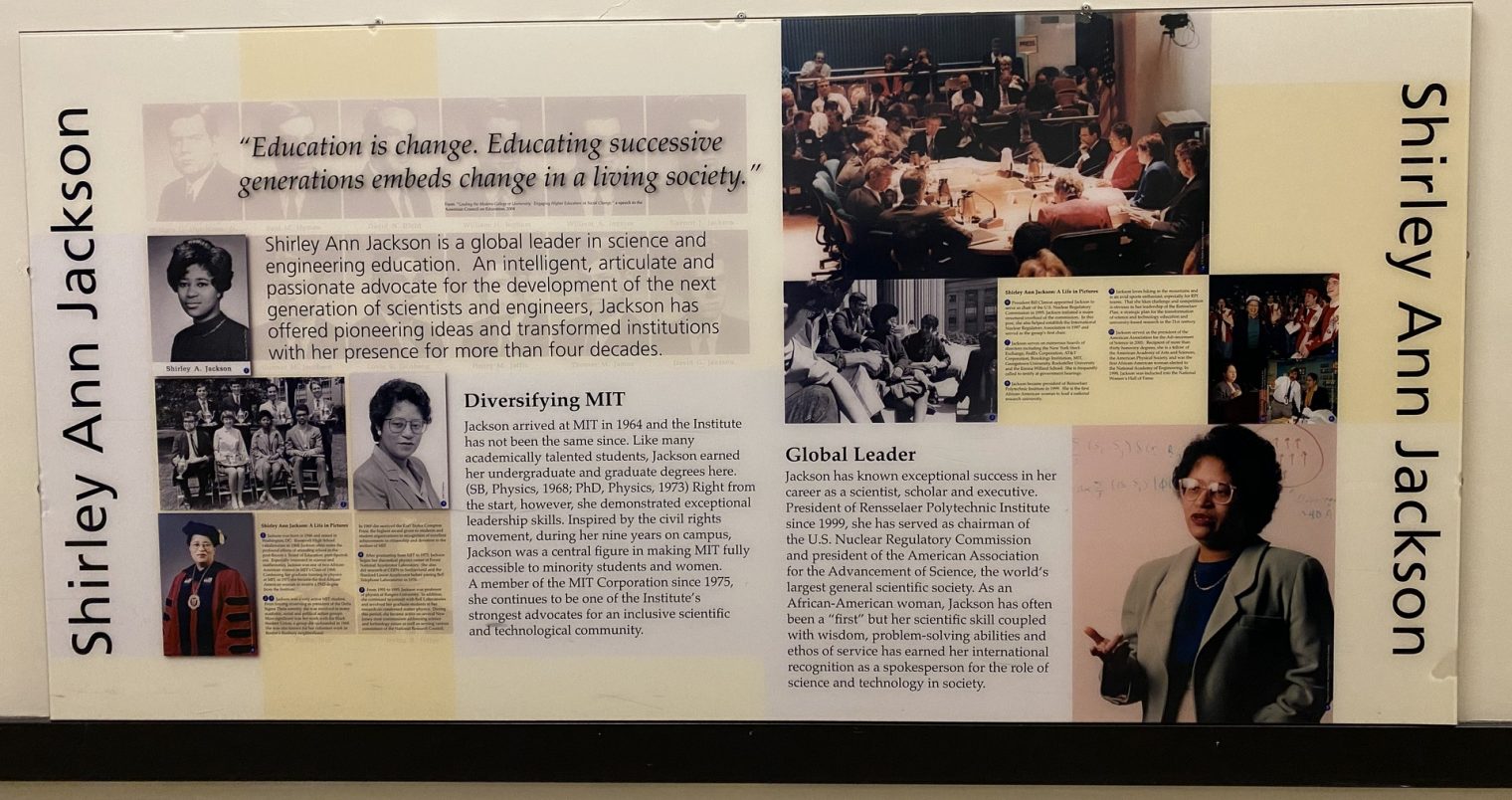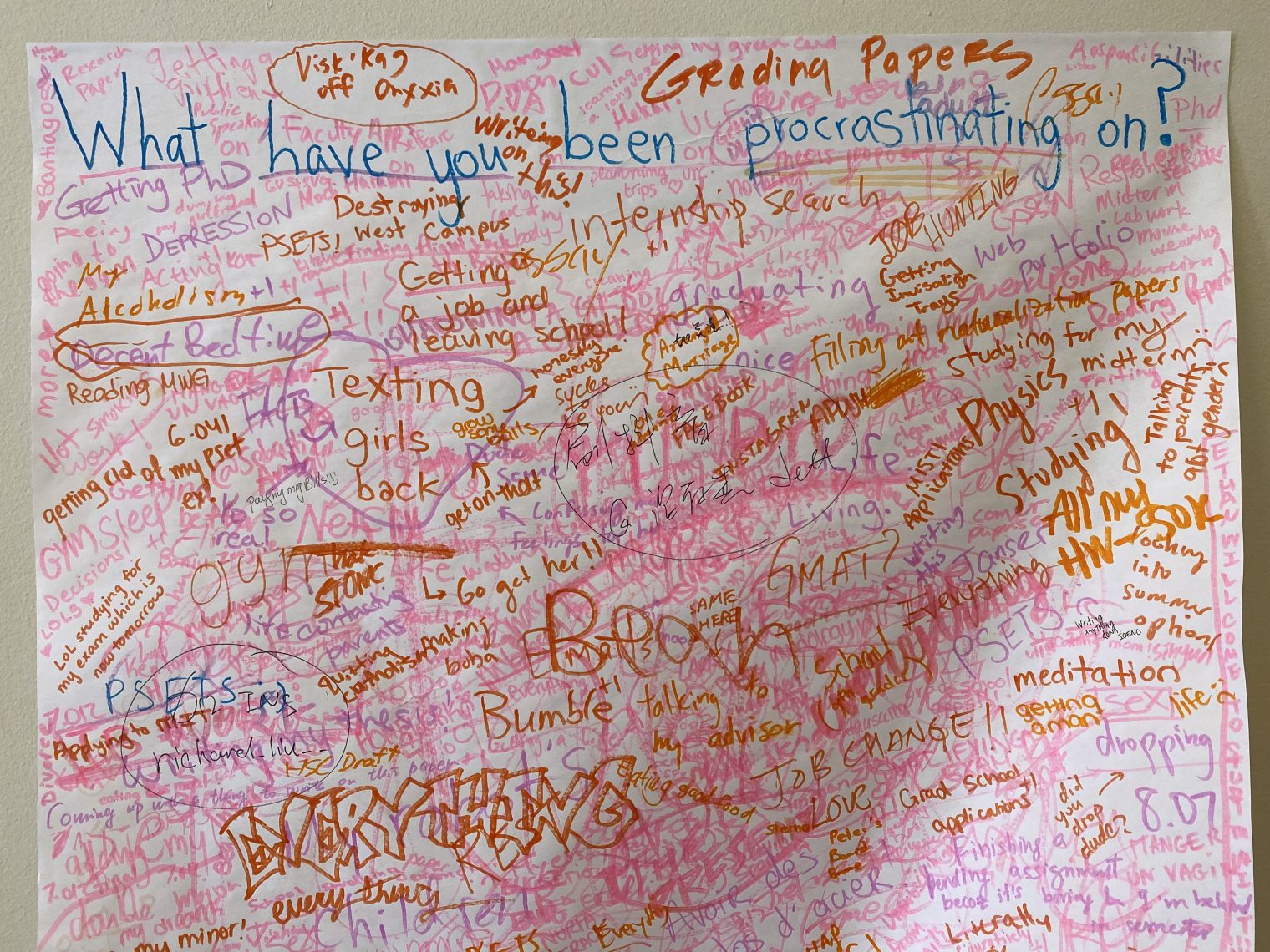Diversity and Inclusion Training for MIT Students
One of my MIT undergraduate moles shared with me a September email from the Administration:
We are writing to you regarding the important topics of sexual assault prevention and diversity, equity, and inclusion.
Two Required Trainings: Diversity, Equity, and Inclusion and Sexual Assault Prevention Ongoing: Healthy Relationships (see instructions below)
The trainings will be available starting October 1, 2020 and must be completed by November 2, 2020. Instructions to access the courses are below. You will have a registration hold placed on your account and will be unable to register for IAP and/or Spring 2021 classes if you do not complete both trainings by the November 2 deadline.
Diversity, Equity, and Inclusion starts with a survey that contains unanswerable questions:

How is Student X supposed to know what Students Y and Z are trying to do in forming friendships? (especially given that everyone is dispersed and interacting only via Zoom) The student is also supposed to know what 1,000+ classmates value:

The survey is at least 40 gender IDs short of a complete list:

Department of Flexible User Interface:

The local Federal appeals court got it wrong!

“ageism” is not an “oppression”:

A confusing one:

(If Cian is a student at an engineering university, why do his friends expect him to be sexually active?)
Any time is a good time for a gender transition? No!

Whoever designed this survey does not seem very familiar with the American public housing, Medicaid, SNAP, and Obamaphone programs!

Oppression

After the baseline quiz, it is time for the welcome video, which features seven students, none of them apparently identifying as “white male,” and with no apparent age diversity.
The next video introduces José, a double-victim: Afro-Latino. He says that both of his parents are doctors and that’s why he’s pre-med: “it’s in my DNA”. Is the learner supposed to consider the possibility that academic ability, conscientiousness, and other aspects of intelligence and personality are also in students’ DNA?
“Living our Intersectionality” features the following folks:
- “I identify foremost as a very, like, spiritual queer person of color.” (a microaggressive person would say that this person appears to be an Asian female)
- “I identify as ABC: African Black Caribbean. Female. I also have ties with the indigenous.” (She’s big enough that a chandler would likely recommend that any “ties” be at least 1/2″ in diameter, double braid, and secured with a cleat hitch.)
(nobody identifies at the intersection of “white” and “male”!)
Next slide:
“Many of our social justice problems like racism and sexism are often overlapping, creating multiple levels of social injustice.” … We can’t just look at a person’s race or gender (or any of their individual identities) as separate categories. It’s the intersections that truly shape a person’s experience and influence both their opportunities and their challenges. This concept is especially helpful when thinking about issues of fairness and how people are treated in the world.
Let’s hope that President Harris deports anyone who answers “I agree”!

Another remake of Sybil is around the corner:

Heading out to exercise can be just as dangerous as sitting next to the fridge in governor-ordered shutdown for 8 months:
For example, student athletes who identify as women may face conflicts between their identities as women, athletes, and students. They may face pressures to be more aggressive and practice-focused, based on their athletic identity, more feminine and nurturing, related to gender expectations, and more studious and intellectual, based on their student identity.
Student POV: A student who identifies as black says that being black is “incredibly challenging” and “I am constantly in fear for my life”.
We find José again being victimized by his white roommates and their friends. The LGBTQIA+ guy with a stereotypical lisp is fine, but the white girl pressures Jose to go to the BLM rally. The white guy says he expected Jose to look different (i.e., more Latinx and less Black) and that “No offense, but it seems that All Lives Matter would be a better way to bring people together. You’re saying that your [Latinx] dad’s family matters less than your [Nigerian] mom’s?”
What to do about the near-Deplorable?

You can’t proceed until you select the last one.
White people, even those who appear to identify as “women”, make a lot of stupid assumptions:
All Look Same rears its ugly head:
Math is hard:
Will this section be about charging $53,000+ for a few months of streaming video?
“Sometimes equality isn’t actually fair.”
Perceptions can be misleading…
Even the lowliest worm may have power:
Even if you think you personally don’t have power, you may still be participating in structural systems of power where you receive advantages or are considered the norm, while others are disadvantaged or considered outside the norm.
White males reappear in order to define privilege:
(Looks as though he is loving the phone that was developed for him by white and Asian engineers, but white male privilege won’t entitle him to a mobile data signal if he’s in the Boston suburbs!)
Did 9 out of 100 students go into the “wrong” bathroom by mistake or because it was actually the “right” bathroom?
But maybe the ASPCA should be called when a dog is forced to walk on three paws (the fourth being held by the human companion):
Not everyone is unhappy about our new all-virtual world:
There will be a lot of worries when students come out of Shutdown Joe’s multi-year shutdown, having raided the fridge every 15 minutes and never having exercised!
If God exists and is powerful and benevolent, why is it ever unsafe to pray?
Everyone can breathe easier starting January 20, 2021:
Who is oppressed? Someone who has made the mistake of not identifying as a white male…
If you’re morbidly obese and have sex with a different partner every night, you’re at risk of becoming a victim of “internalized oppression”:

One example from the Isms, Phobias, and Microaggressions section:
(Would it be okay to respond “Engagement? Wouldn’t it be a lot easier to pay back your student loans by having sex with your already-married dermatologist?”)
Some definitions on the topic that has consistently enriched this blog:
Transphobia is prejudice against transsexual or transgender people. Transantagonism includes hostility, aggression and violence towards trans people. Bathroom harassment is a form of discrimination that is experienced by many trans people, gender nonconforming people, and cisgender people who don’t fit stereotypical ideas related to their gender presentation.
There is no “I” in “Team” and there is no “I” (or “T”) in “LGBTQIA+”:
Know that LGBQA+ stands for lesbian, gay, bisexual, queer, and asexual (plus many other associated identities).
Understand that asexuality is a sexual orientation. Asexual people generally do not feel a sexual attraction to others, though they may feel romantic attractions.
Be sensitive when talking with people about coming out stories. Remember that for some people these are traumatic experiences.
Language can create exclusion. Using identity-related words like “gay” to indicate that something is negative reinforces stereotypes.
If you have religious, political, or cultural objections to certain sexual orientations, remember that our community values include treating everyone with dignity and respect.
If a virtuous immigrant student follows a religion that condemns particular sexual acts, how can the community be said to be respecting this religion and the virtuous immigrant by covering hallways with posters celebrating those particular sexual acts?
The longest video is “How do you think about anti-blackness?” Maybe the problem wouldn’t exist if white people kept to themselves?
There is great diversity of experience among people of color. The term BIPOC (Black, Indigenous, and People of Color) is used to highlight some of these differences in history and experience. Respect spaces that are reserved for BIPOC people to discuss issues privately and safely.
At a minimum, white people should refrain from observing Halloween:
Usually marked by a sense of disrespect or superficiality, classic examples of appropriation include wearing the traditional clothing of a racially marginalized group as a Halloween costume, or using a group’s symbols of religious or spiritual significance as decorative accessories. Inclusive spaces reject cultural appropriation.
José returns to be victimized for 1:04 by a white professor who says, on the first day of class, “we don’t get many people like you in pre-med” (certainly a true statement at MIT, since there is no pre-med major!).
Now it is time for Communications and the Stupid White Man reappears to offer an opinion regarding Navajo jewelry:
The software won’t allow the learner to proceed until this answer is corrected. (American universities own vast amounts of land, all of it stolen from Native Americans. If they care about Native Americans, why not pay rent on the stolen land?)
The software reminds students at private universities that they don’t have a right to free speech:
Speech has a special role in higher education and in the United States. The First Amendment of the U.S. Constitution protects a person’s freedom of speech and expression from government interference (so it typically applies only to state institutions, though some states create additional legal protections that apply to private institutions).
Most colleges and universities consider freedom of speech and expression to be a critical part of the pursuit of higher education, and are also committed to creating a learning community where students from all backgrounds feel welcome and can concentrate on their studies without facing hostility and discrimination.
This is followed with a bunch of links explaining the difference between “free speech” and “hate speech”.
The next screen has some great drawings:

White men do bad things even before the party starts:
The learner cannot proceed without calling off the “Salsa and Sombreros” party (were Goya-brand products going to be served?). Correct answer:
By thanking Luca for calling out his behavior and dedicating himself to learning more about cultural appropriation, Tanner is respecting Luca’s perspective and behaving as an ally. Everybody makes mistakes — part of being an ally means being open to acknowledging when you’re wrong, and taking the necessary steps to continually check your privilege and your behavior in the future, even when it’s uncomfortable.
There is a video tutorial on how to apologize after using the wrong pronouns. This is followed up with some text:
Be sensitive to the situation and any histories of inequality. A great apology focuses on the harm that was done and not on the person who is apologizing.
The key to apologizing well? Remember, it’s about acknowledging your actions, not focusing on the other person’s interpretation.
Here’s the 2-minute Self-Care video:
José returns to be abused during a pickup basketball game by a white man who claims to have been fouled: “maybe that’s okay where you come from.” Bad White Man calls José a “thug.”
José considers leaving school, but he is rescued by brave student services staff and other administrators. He decides to stay and says “I’m going to make a difference.” (Like the med students that I teach! None say that they want to go into lucrative specialties and treat patients who have money and/or private insurance. It is a mystery to me where plastic surgeons and dermatologists come from.)
There is a final exam, with pretty much the same questions as the pre-exam:
#NotFunny
With 16 wrong answers out of 16, the undergraduate is qualified to join the Delta Tau Chi fraternity:
Full post, including comments























